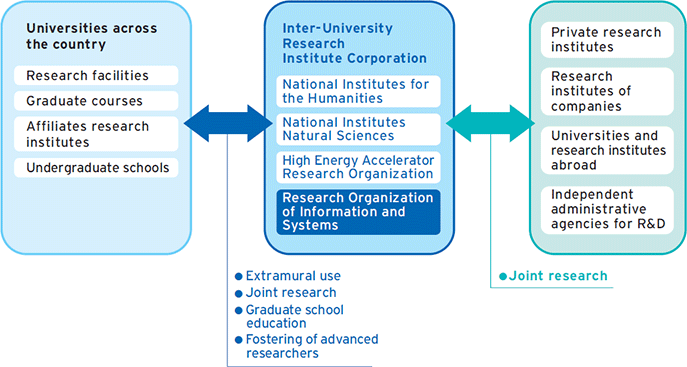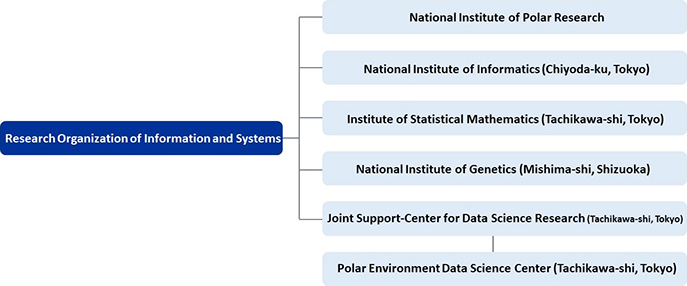National Institute of Polar Research
What we do
As the core center for Japanese scientific research and observation of the polar regions
We engage in comprehensive research via our observation stations in the Arctic and Antarctica. We are also an inter-university research institute that provides researchers throughout Japan with infrastructure support for Arctic and Antarctic observations while simultaneously working diligently to promote polar science by soliciting collaboration research projects publicly as well as providing samples, materials, and information.
As the core institution in Japanese Antarctic Research
We plan and implement Japanese Antarctic Research Projects. Phase X of the Japanese Antarctic Research Projects, which marks the 64th Japanese Antarctic Research Expedition, is entitled “characterizing the future global environment system as inferred through investigating the past and present of the Antarctic” and conducts various research observations. In addition to maintaining and operating the facilities at our Antarctic observation stations, our tasks include organizing the Japanese Antarctic Research Expedition Team, conducting various training, procuring goods and supplies necessary for observation projects (together with the development of appropriate delivery plans), as well as managing and storing the samples and data obtained from our projects.
As the core institution in observation of the Arctic region
We conduct Arctic observations that cover observations of, but not limited to; the atmosphere, ice sheets, the ecosystem, the upper atmosphere, the aurora and the Earth’s magnetic field. These observations are conducted from ground-based observation stations in Svalbard, Greenland, northern Scandinavia, Iceland to name a few. We also conduct observations of the oceanic ecosystem and the atmosphere in the Arctic Ocean and its peripheral seas. Additionally, we are one of the representative institutions implementing the Arctic Challenge for Sustainability II (ArCS II) Project, which is a subsidiary project funded by the Ministry of Education, Culture, Sports, Science and Technology (MEXT) which kicked off in FY2020.
As an educational institution to foster researchers
As part of efforts to foster researchers with a broad, global perspective and a sense of originality, we offer five-year and three-year doctoral programs for graduate students of the Polar Science Program at the Graduate Institute for Advanced Studies, SOKENDAI.
What are the Inter-University Research Institutes?
Inter-University Research Institutes are unique research organizations in Japan that seek to promote joint research across disciplines among universities. The institutes offer large-scale and cutting-edge facilities; large volumes of academic data; and valuable materials free of charge to researchers across Japan and member universities across different disciplines. A single university would find it difficult to generate and maintain the aforementioned data, materials and facilities.
Close collaboration amongst universities is essential.As stated above, Inter-University Research Institutes have been established as research bodies to pursue world-class studies that address areas outside the scope of any single university. Their fundamental characteristic is to offer the infrastructure needed to facilitate university-led research, and they have provided significant contributions to the academic world. Inter-University Research Institutes are likely to grow in importance in the years ahead by supporting education and research at universities, and in advancing the academic research that is principally conducted by universities. The above will be possible through Inter-University Research Institutes cutting-edge research, joint use and joint research and graduate education programs.
As “centers of excellence” in Japan

About Research Organization of Information and Systems
Conducting research that crosses the borders of traditional disciplines is becoming essential to solve important issues in the fields of life, environmental and information sciences that greatly impact our lives in the 21st century.
The Research Organization of Information and Systems (ROIS) is a parent organization of four national institutes.









